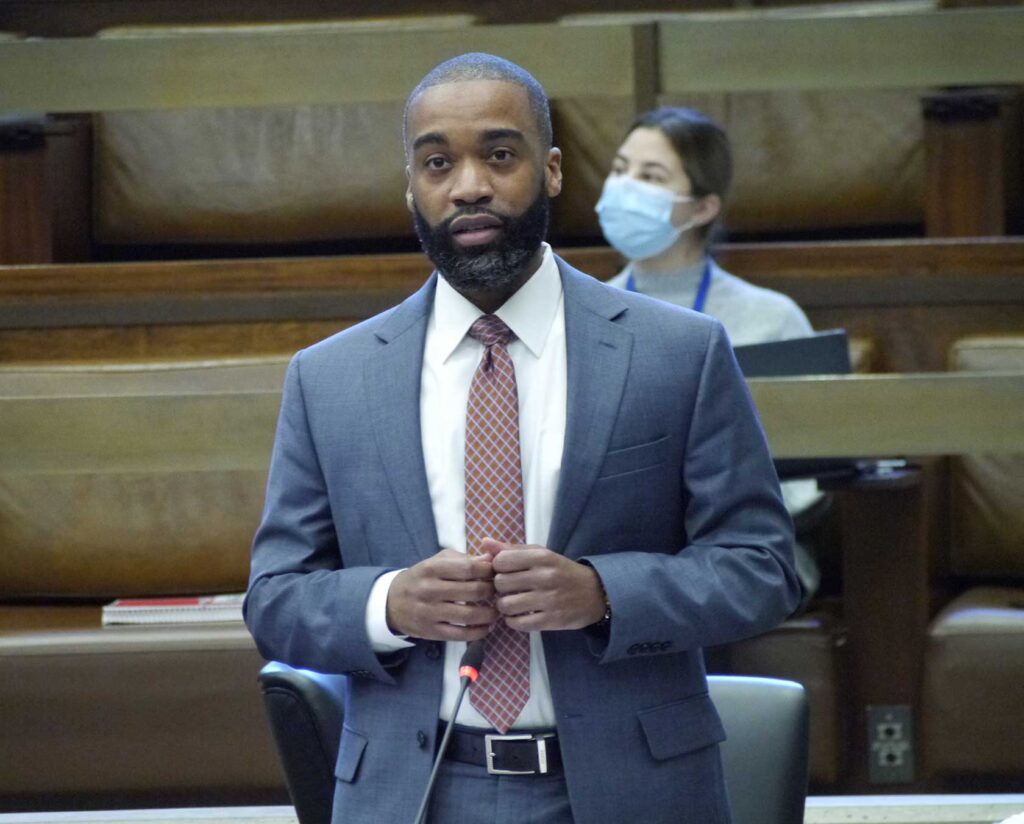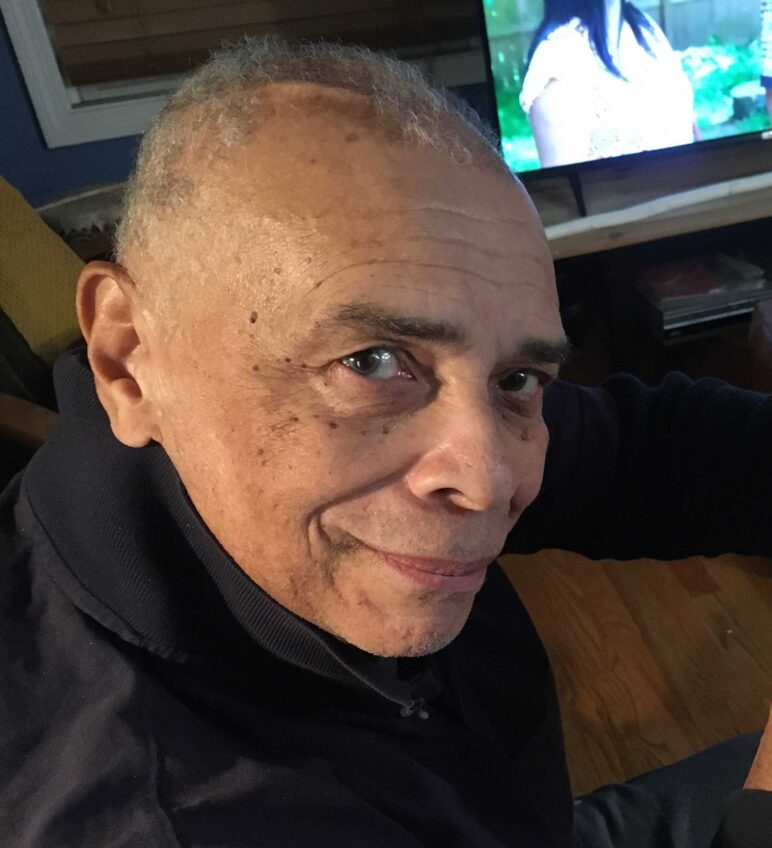
City Councilor Brian Worrell last week filed an ordinance that would require the city to review proposed policies with an equity lens to ensure people of color and other historically marginalized groups are not negatively affected.
Worrell’s Reshaping Inequalities through Systemic Empowerment ordinance would create a panel convened by the City Council that would review policy proposals in areas including housing, education and employment opportunities to determine whether they would have a disproportionately negative impact on marginalized communities.
“We know racism is a public health crisis in our city,” Worrell said Monday. “It’s important that we cement our civil rights gains and take a look at where we still need to work. This is the next phase of eliminating disparities.”
Worrell cited policies such as the Boston Police Department’s promotional exams and city’s inclusionary development policy, which often bases affordability guidelines on income limits well in excess of what most Black and Latino families in Boston earn.
Worrell’s office worked with groups including the Black Economic Council of Massachusetts (BECMA) and the New Commonwealth Racial Equity and Social Justice Fund to develop the ordinance, which would establish a commission to review proposed policies as well as provide equity training for new and existing City of Boston employees.
“This ordinance gives us an opportunity to address barriers we face in this city,” said Alyssa Benalfew-Ramos, chief of policy for BECMA. “When we think about Boston and our history — whether its policing, homeownership or procurement — this is aimed at addressing inequality on a systemic level.”
Across the United States, cities have adopted ordinances or hired equity directors to ensure that the benefits of city policies are shared broadly. The City of Boston has an Equity and Inclusion Cabinet charged with reviewing city policies for disparate impacts.
Worrell’s ordinance would house a separate body within the council, in addition to mandating trainings in all city departments.
“We will also be working with the [City of Boston] Equity Cabinet to create an equity tool to analyze how a budget or ordinance affects different communities,” he said.
Worrell said his ordinance would mandate all city departments analyze policies and procedures for equity outcomes.
The efficacy of equity officers can depend on the systems in which they’re embedded. The Boston Public Schools’ former chief of equity and strategy, Charles Grandson, left the employ of BPS last year shortly after he wrote an advisory memo warning the department of what he said was a pattern of disproportionate suspensions of Black administrators in the system.
Grandson did not answer a Boston Schoolyard News reporter’s question earlier this year about the memo.
Benalfew-Ramos said the ordinance Worrell has proposed would provide concrete steps for city officials and policy makers to assess their equity efforts.
“We hear from groups saying they’re committed to racial equity without a framework to measure outcomes, so there’s no way to know whether their efforts are working,” she said. “Equity is talked about often, but it involves planning and stakeholder involvement. It’s an ongoing process.”







